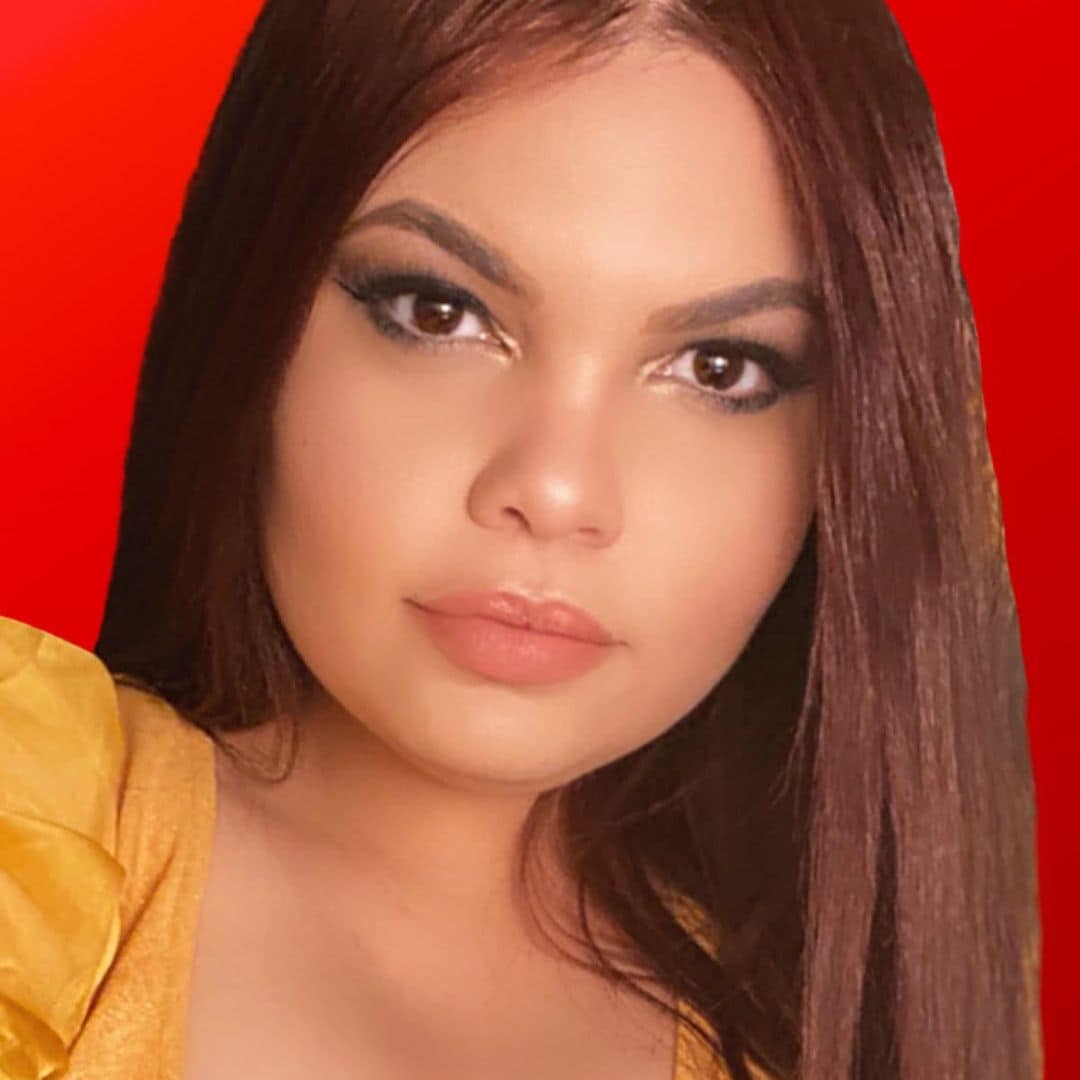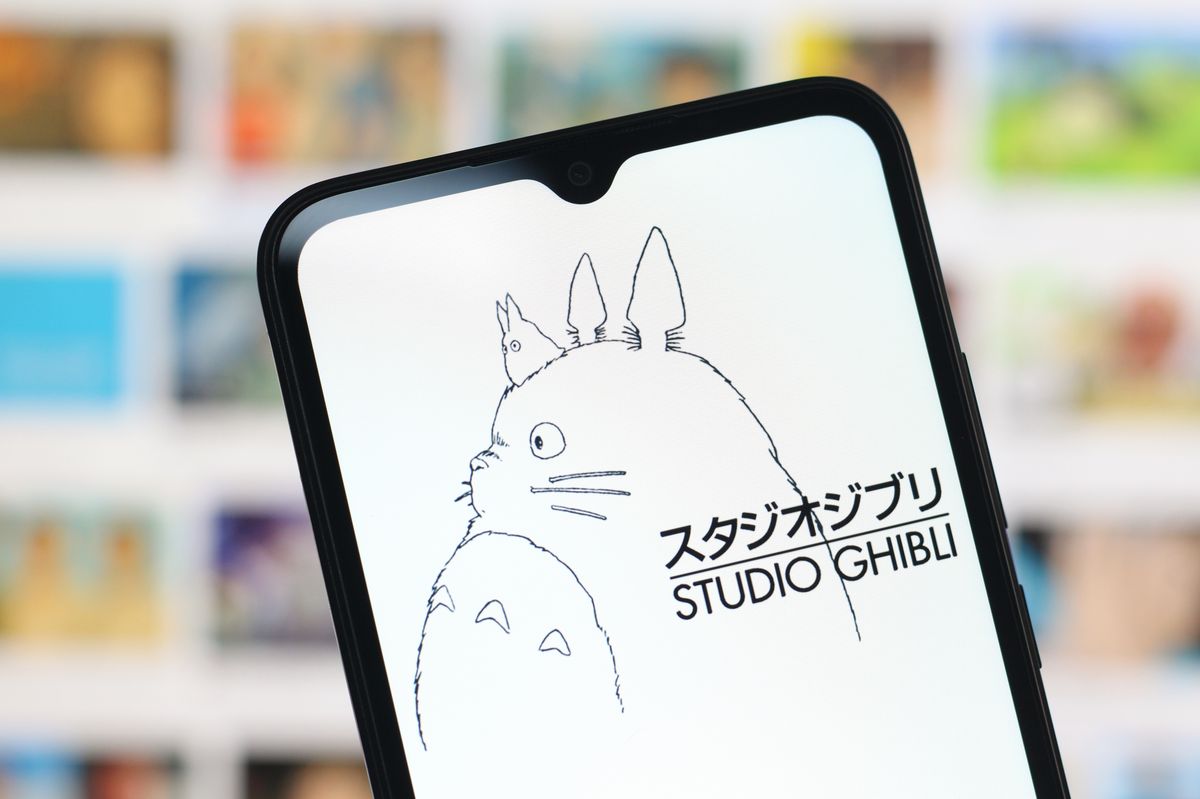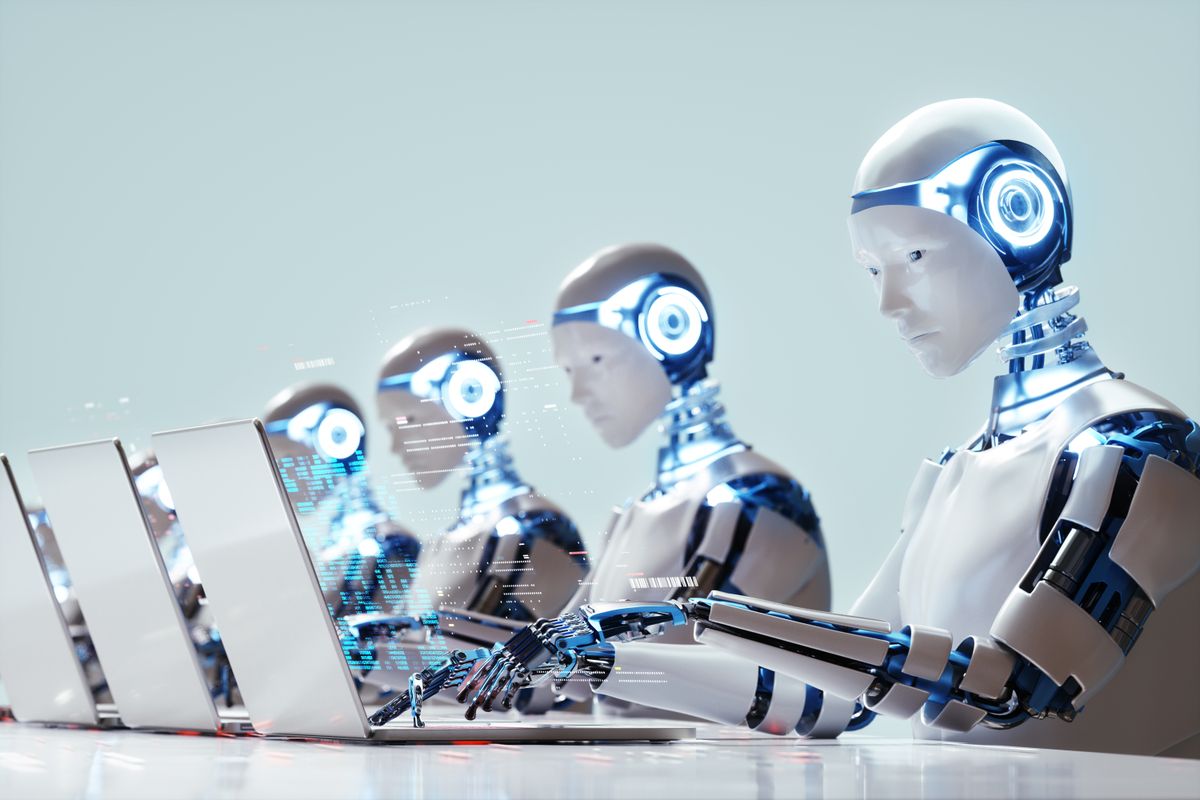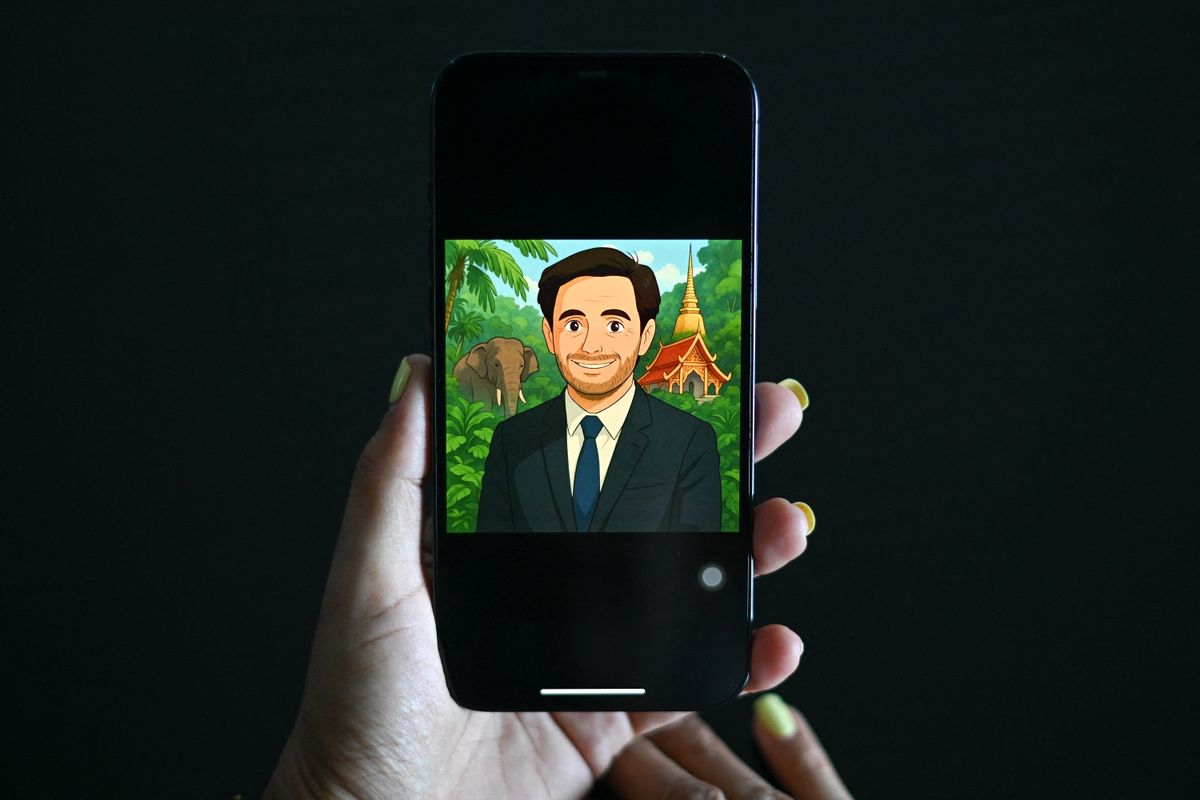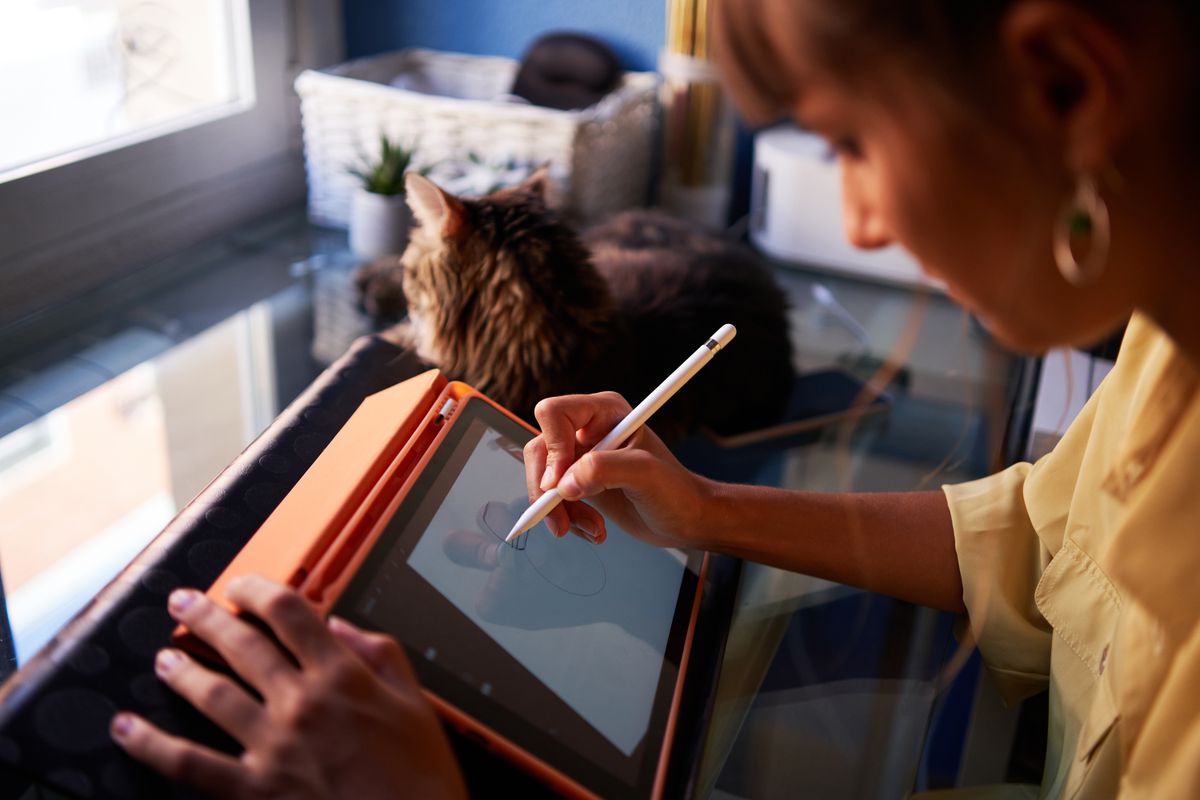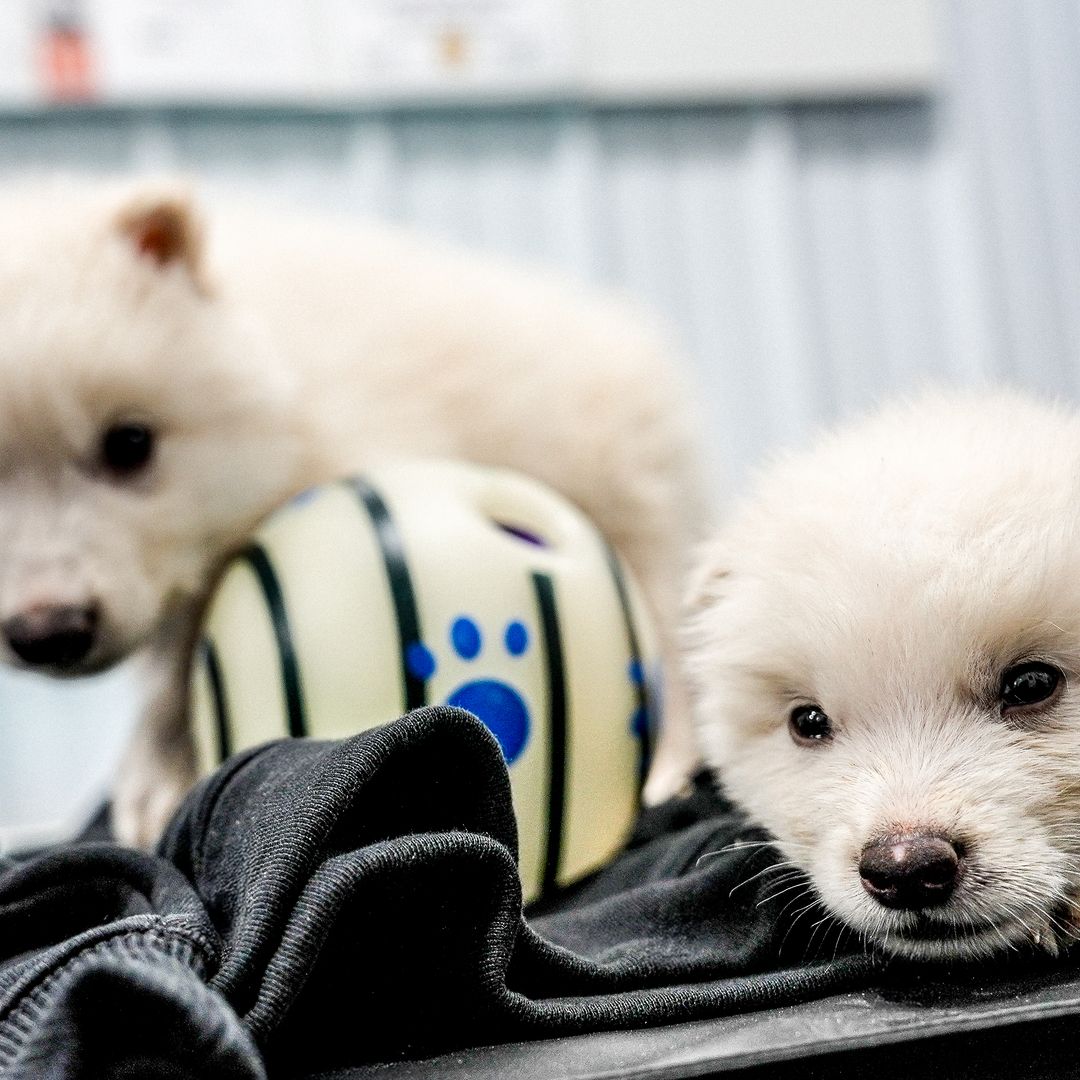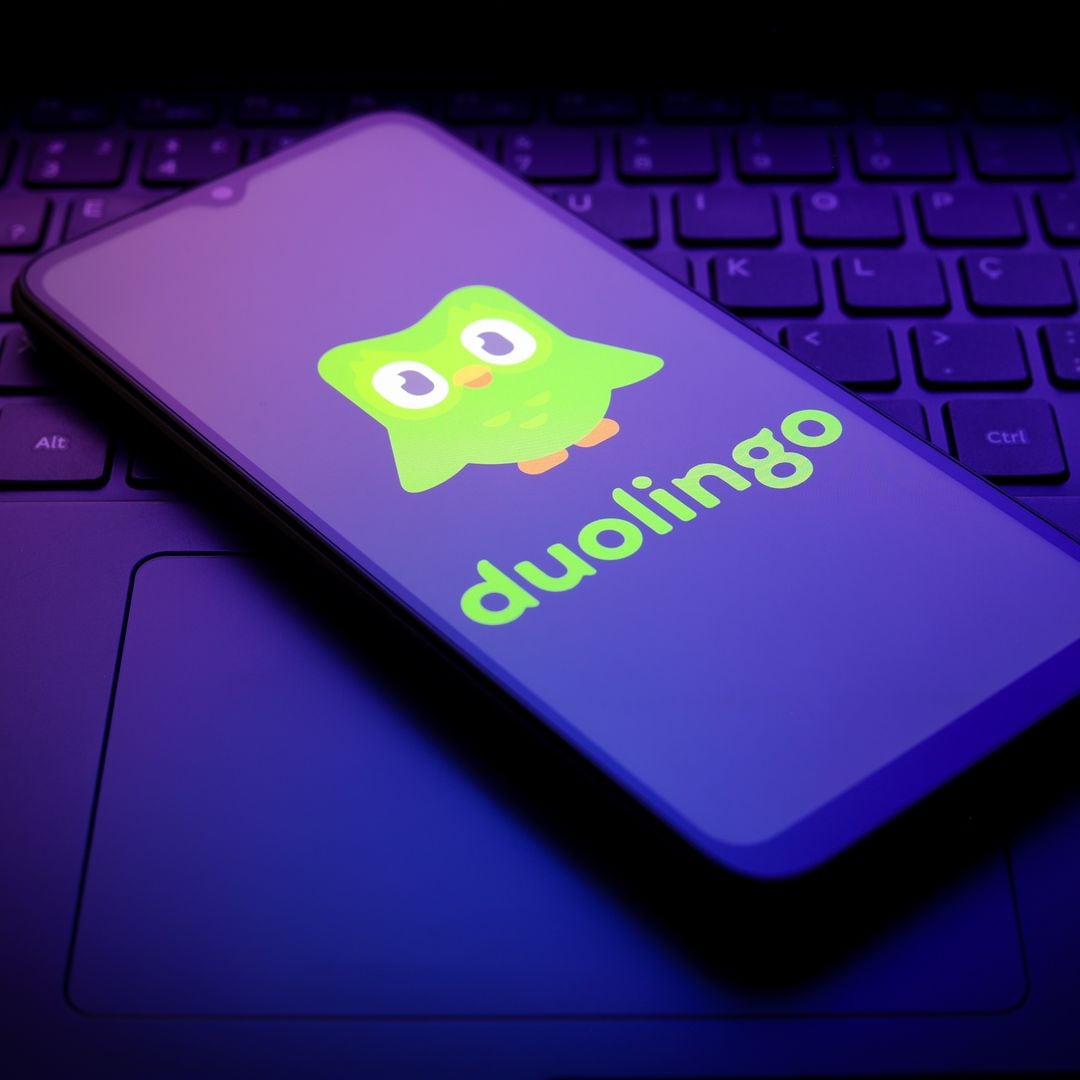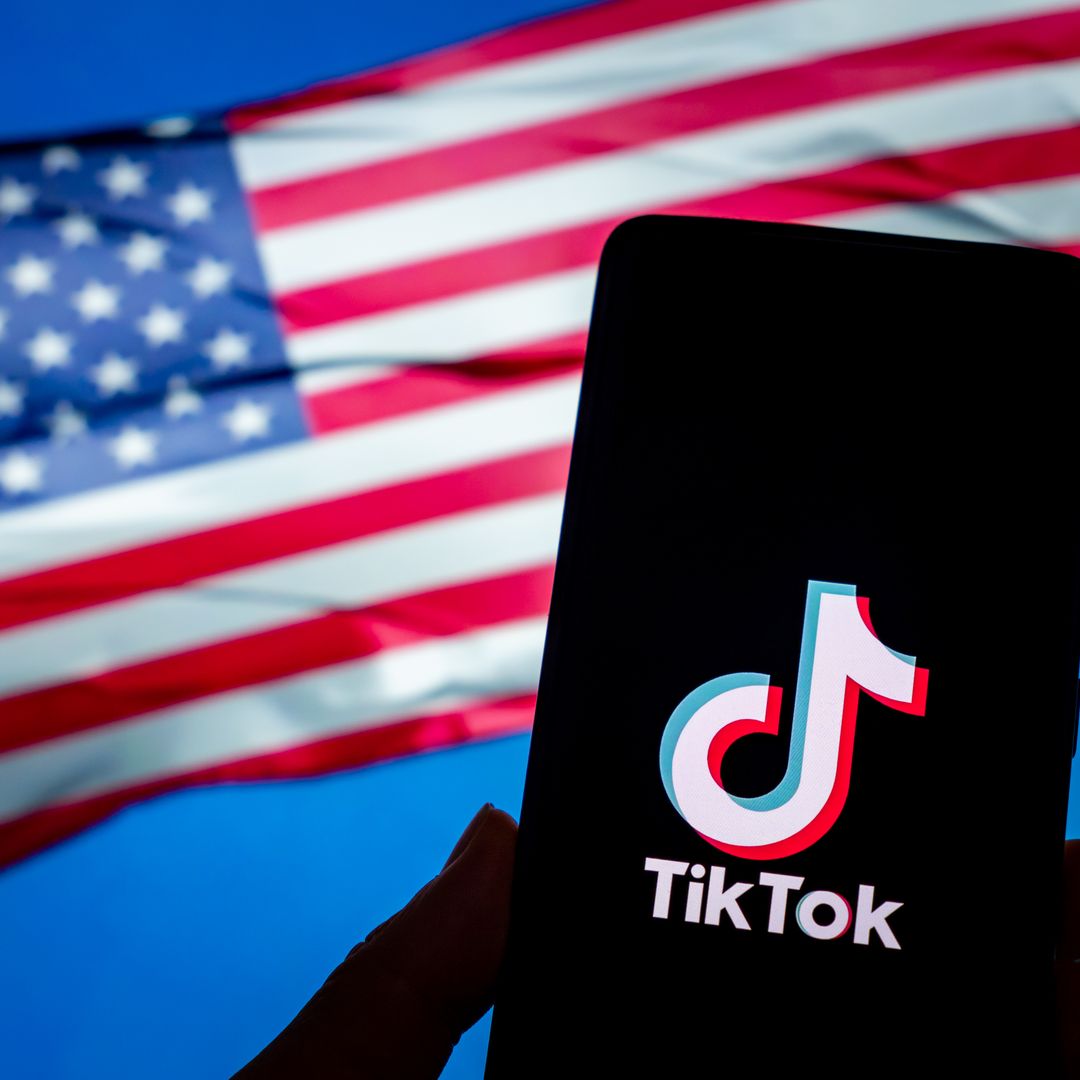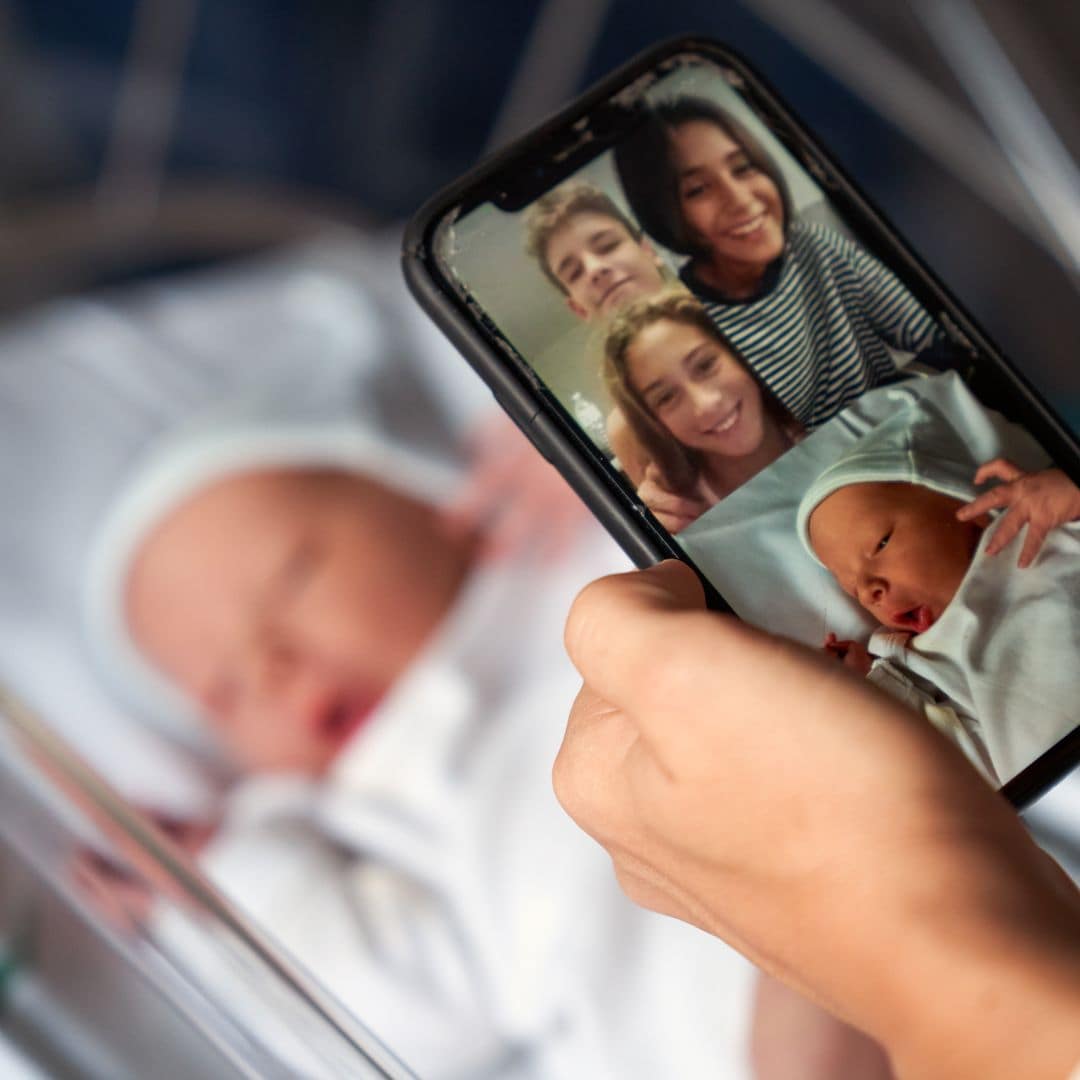The internet loves a good AI makeover, and the latest trend sweeping social media is the Studio Ghibli transformation. People are turning their selfies into whimsical, hand-painted-style portraits straight out of "Spirited Away" or "My Neighbor Totoro." But before you rush to upload your photos to ChatGPT or any AI tool offering this dreamy aesthetic, there's one big question you need to ask: Is it actually safe?
Fergal Glynn, Head of Marketing and AI Security Advocate at Mindgard, warns that these AI-generated makeovers might come at a serious cost: your privacy. "The Ghibli-style makeover has taken over the AI space in the past few days. It's fun, but it comes at the cost of your privacy. So, I wouldn't feel comfortable uploading my photos to ChatGPT or similar AI tools," Glynn told HOLA! USA.
Why the concern? According to OpenAI's policy, anything you input, including your photos, gets stored in their database. While you can opt out of having your data used to train AI models, most users don't even realize they need to take this extra step. This means your face could potentially be used to refine AI models, whether you consent or not.
What Happens to Your Photos After You Upload Them?
AI tools don't just process your photos and forget about them. In many cases, facial data is retained and could be processed beyond your immediate session. This opens the door to potential risks like:
- Data breaches and misuse – Your face, combined with metadata (which can include location and time stamps), could be vulnerable to hackers or identity thieves.
- AI training without your knowledge – Even if OpenAI claims it doesn't store your images long-term, uploading a photo means your likeness could be used to enhance AI models in ways you didn't intend.
- Potential deepfake risks – The more facial data AI tools collect, the easier it becomes for bad actors to generate deepfake images and fake identities.
The Legal Gray Area of AI-Generated Art
If you think you "own" the AI-generated Ghibli version of yourself, think again. AI expert and author Joe Hudicka points out a tricky issue with intellectual property (IP). "As I understand current U.S. legal precedent, it's safest to upload your own original content—like a personal photo—as a starting point for an AI transformation. This helps establish ownership at the beginning of your creative process," Hudicka told HOLA! USA.
But even with that, there's no guarantee others won't use your image. AI models are trained on vast datasets, meaning someone else could generate an eerily similar image with minor tweaks. "Are we prepared to navigate the IP lawsuit labyrinth?" Hudicka asks.
Should You Still Try the Trend?
If you're a privacy-conscious person, Glynn suggests steering clear of AI tools that require photo uploads. "I recommend avoiding this trend. Instead, try apps or software that process images offline or have stricter privacy controls."
For those who still want their Ghibli moment but value privacy, consider alternatives like:
- Using AI tools with strong privacy policies – Look for apps that guarantee images aren't stored or used for AI training.
- Creating your art – If you're artistically inclined, apps like Procreate or Photoshop let you manually add a Ghibli-esque touch to your selfies.
- Hiring an artist – Commissioning a digital artist to create a custom Studio Ghibli-style portrait ensures your image stays in safe hands.
The Studio Ghibli AI makeover trend is undeniably fun, but it's essential to understand the potential risks before uploading your photos. From privacy concerns to intellectual property headaches, there's more to consider than just how cool your animated self looks.
If you decide to participate, read the fine print, opt out of data collection when possible, and think twice before sharing personal images with AI platforms.
After all, the last thing you want is your Ghibli-inspired portrait to turn into a cautionary tale.
,type=downsize)
